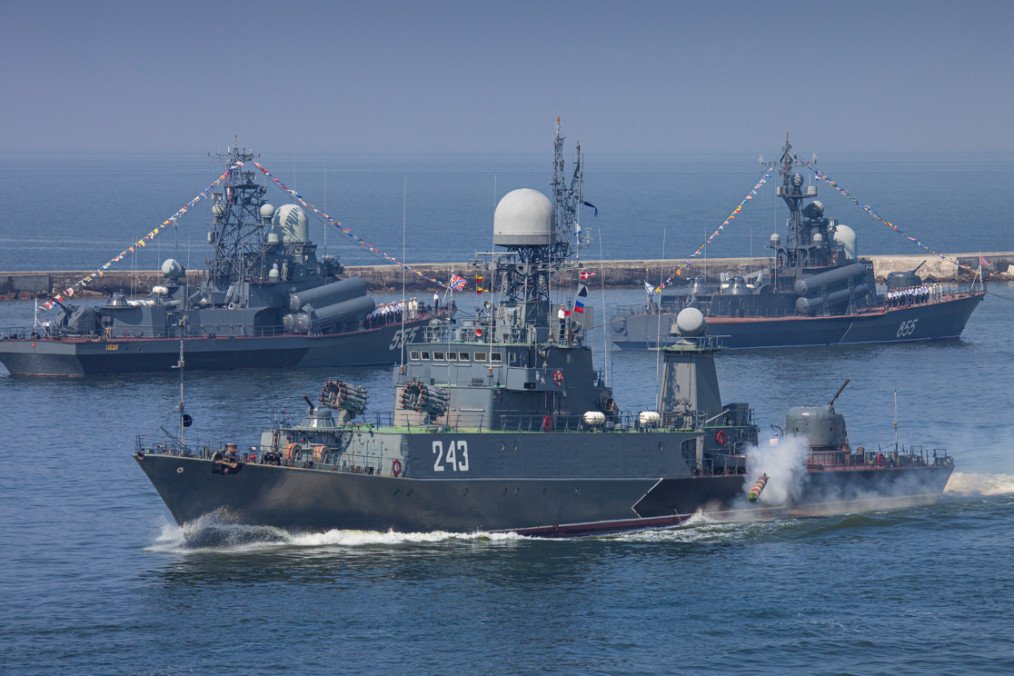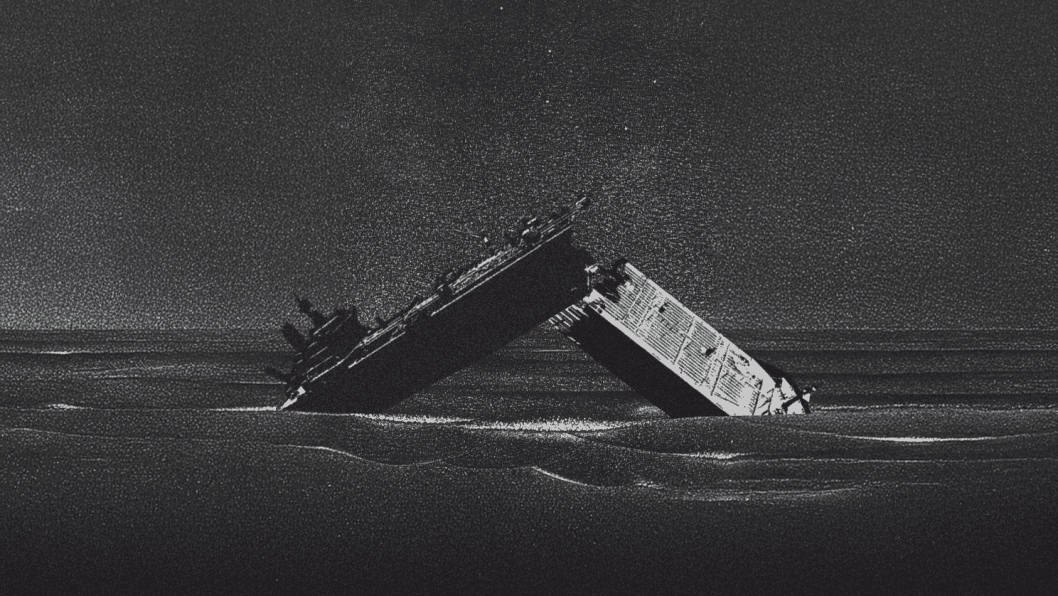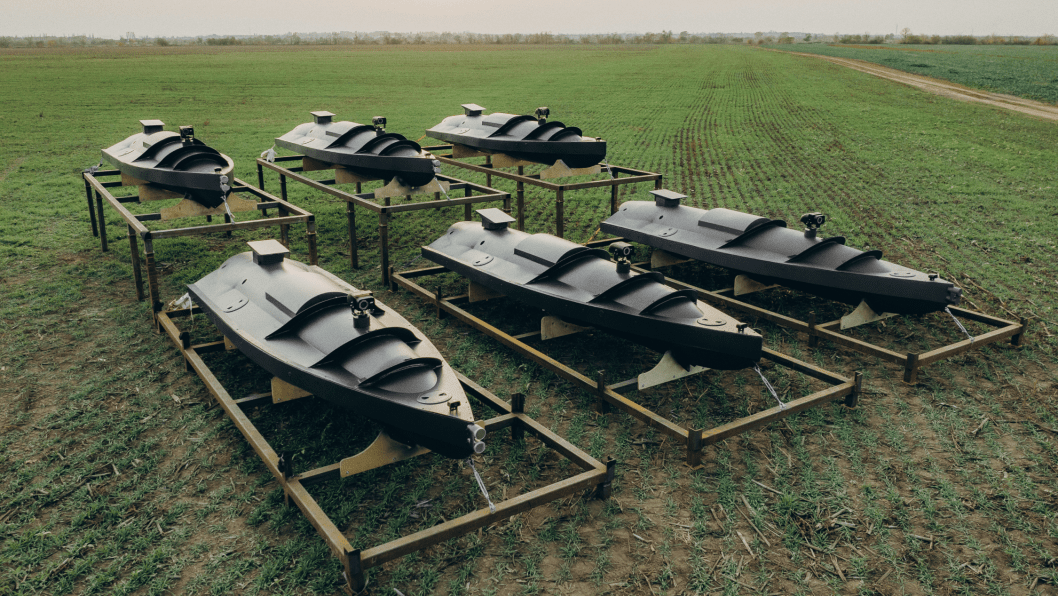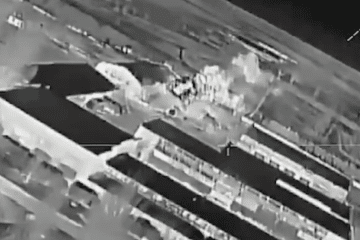- Category
- Latest news
Russia Sends 11 Warships to Baltic in Show of Force After Europe Cracks Down on Shadow Fleet

Russia’s Baltic Fleet conducted a series of naval exercises involving 11 vessels between April 16 and April 23, following recent European efforts to disrupt the country’s shadow oil trade.
While the maneuvers do not appear to be a direct military response, the timing and scale suggest a calculated display of force.
According to Defense Express on May 2, the drills were carried out in three phases and involved a range of surface combatants, including three Project 20380 corvettes (Boykiy, Steregushchiy, and Soobrazitelnyy), one Buyan-M-class corvette armed with Kalibr missiles, four anti-submarine corvettes, four mine countermeasure vessels, one missile boat, and one diesel-electric submarine.
The exercises began shortly after Germany and Estonia detained tankers linked to Russia’s circumvention of Western oil sanctions. On March 21, German authorities seized the Panama-flagged Eventin, carrying 100,000 tons of crude oil.
Less than three weeks later, on April 11, Estonia’s navy intercepted the Kiwala, a Russian tanker en route to the port of Ust-Luga. The Kiwala was released after inspection and continued its voyage.

During the first phase of the drills (April 15–16), Russian naval forces conducted live-fire exercises against surface targets using anti-ship missiles and deck-mounted artillery. The units also practiced mine-laying operations.
On April 16, a scenario simulating the defense of a civilian vessel from interception by a foreign warship was rehearsed, with the Kazanyets corvette acting as the “aggressor” and the Morshansk missile boat, supported by Bastion coastal missile systems, as the “defender.”
The second phase (April 17–18) focused on repelling attacks by unmanned surface vehicles and drones. The final phase (April 22–23) included anti-submarine warfare training, using a Kilo-class submarine (Varshavyanka) as a mock target.
While the exercises align with routine naval readiness, they also follow growing European scrutiny of Russian maritime logistics in the Baltic Sea, including enforcement actions targeting oil shipments that bypass international sanctions.
Earlier, The Times reported that a classified Royal Air Force simulation conducted in 2022 revealed the UK’s air defenses would have failed to intercept a large-scale Russian-style missile barrage, similar to the one used against Ukraine in February 2022. Several missiles breached British defenses during the Gladiator-based exercise, prompting officials to reassess long-held assumptions about homeland security and implement new protective measures.







-c439b7bd9030ecf9d5a4287dc361ba31.jpg)
